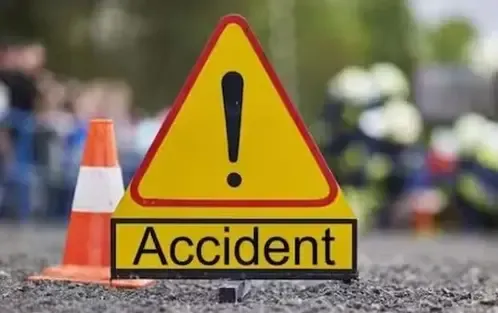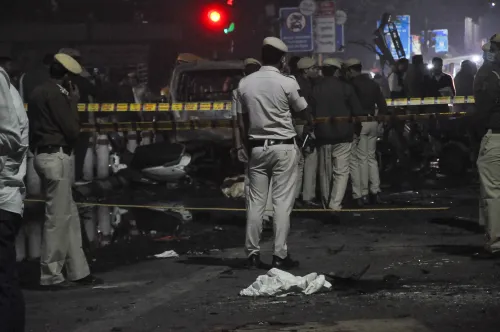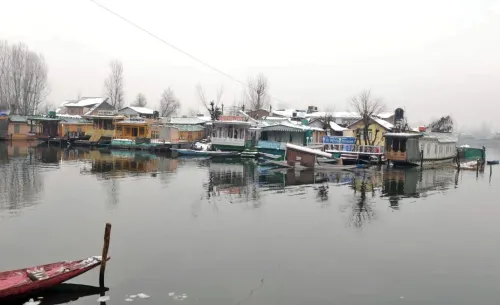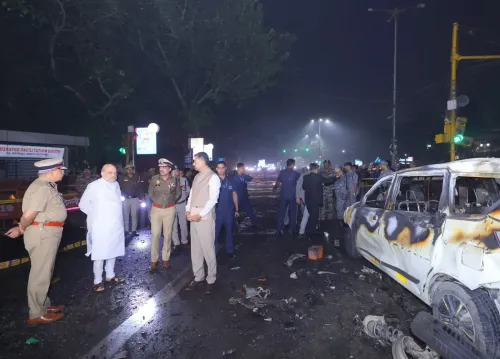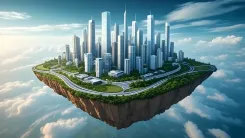How is India’s Coal and Mineral Sector Balancing Energy Needs and Green Growth?
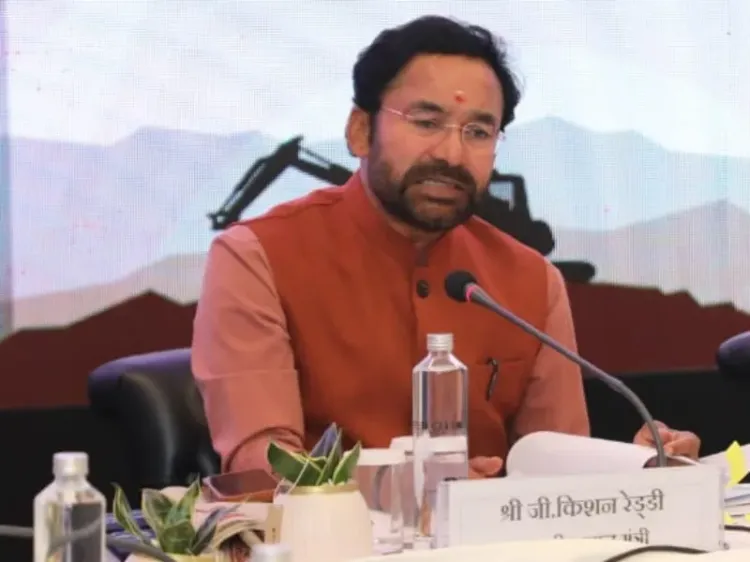
Synopsis
Key Takeaways
- Coal production is set to exceed 1 billion tonnes in 2024-25.
- Demand for coal could reach 1.6 billion tonnes by 2030.
- The Coal Gasification Mission targets 100 million tonnes by 2030.
- Coal PSUs aim for 15 GW of renewable capacity by 2030.
- 542 mineral blocks have been auctioned, marking significant mining reforms.
New Delhi, Sep 24 (NationPress) Union Minister for Coal and Mines G. Kishan Reddy stated on Wednesday that India’s coal and mineral sectors are undergoing a remarkable transformation, effectively balancing the country’s increasing energy demands with ambitious sustainability objectives.
During a media event, the minister pointed out that coal production and dispatch surpassed 1 billion tonnes in 2024-25, with demand expected to escalate to 1.6 billion tonnes by 2030.
"In order to satisfy this surging demand while maintaining sustainability, we are positioning coal as a catalyst for green growth. The Coal Gasification Mission is poised to achieve 100 million tonnes by 2030, supported by a Rs 8,500 crore incentive scheme, with seven projects already in progress,” he explained.
Coal PSUs are actively venturing into renewable energy, having already integrated 1,900 MW of solar and wind capacity, aiming for 15 GW by 2030. The Neyveli Lignite Corporation is specifically targeting 10.11 GW, he noted.
On environmental initiatives, the Minister emphasized that over 57,000 hectares of mined land have been reclaimed, with an additional 16,000 hectares targeted for reclamation by 2030 under the Mission Green Coal Regions.
Discussing mining reforms, the Minister revealed that 542 mineral blocks have been successfully auctioned, including 34 critical minerals.
“For the first time, private and junior exploration agencies have been incorporated. Drone surveys, AI-driven modeling, and remote sensing technologies are accelerating exploration efforts, with 13 exploration licenses already awarded, heralding a new chapter for the mining sector,” he added.
Highlighting India's global standing, Reddy remarked: “Through the National Critical Minerals Mission, we are establishing strategic stockpiles and securing international assets. The government-owned KABIL has already secured lithium blocks in Argentina, while officials stationed abroad are enhancing India’s mineral diplomacy. A Rs 1,500 crore incentive scheme for recycling critical minerals, alongside new Centres of Excellence, will significantly enhance domestic capabilities and advanced research.”
In closing, the minister remarked: “Prime Minister Narendra Modi has provided us with a clear vision of constructing a Viksit Bharat by 2047, aiming for a developed, prosperous, and self-reliant India.”

